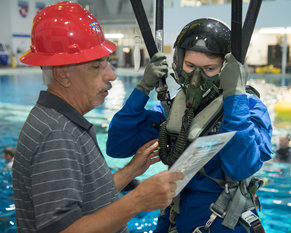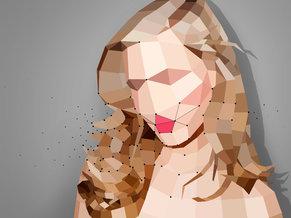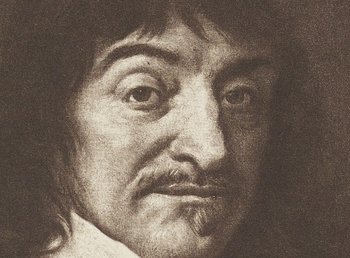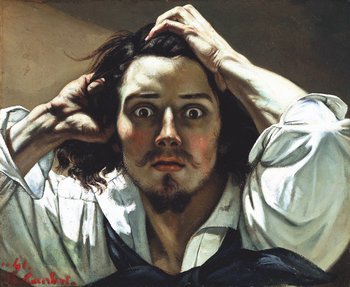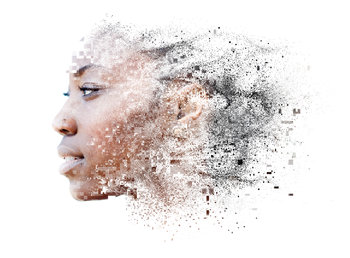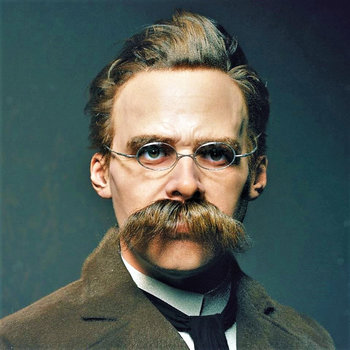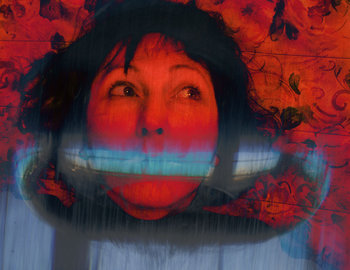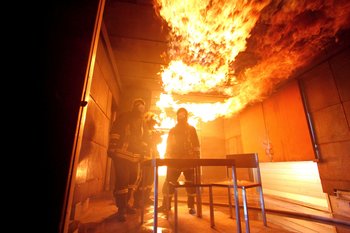
Self Awareness
Consciousness directly relates to your sense of your self including the basic sense that you exist and are separate from the rest of the World.Thought
Consciousness is the level of thought that you can understand, direct and partially, or perhaps completely, control.Language
Conscious thought often takes the form of an internal voice that uses language.Awareness
Conscious thought can take place without language but is more basic at this level. For example, you can be aware of things without language but it is difficult to construct abstract concepts without language. This is a likely difference between human and animal cognition.Visual Thinking
One potential way to construct abstract concepts without language is with visual thinking. Some people report high levels of visual thinking such that they may prefer pictures to words in core thought processes.Perception
The ability to perceive the external world with the senses.Experience
The ability to interact with the world and gain experience of it.Memory
The ability to store and retrieve knowledge such as recollections of your previous experiences and thoughts.Inner Experience
The experience of thinking to yourself.Time
Time is the ability to sequence events in order of cause and effect. This may be a feature of the universe or it may be a feature of our mind.Mind–body Problem
The mind-body problem is the question of whether there is any difference between the mind and the physical brain. René Descartes proposed that the brain is the source of intelligence but that consciousness itself is an intangible entity that has no physical representation. Critics of this theory suggest that the consciousness is a function of the brain.Unconscious Mind
The unconscious mind includes all thought processes that you don't understand, direct or control. This includes autonomous functions of the brain such as coordination of the body.Intuition
Intuition is the ability of the conscious mind to pull intelligence from some mysterious place. This is usually assumed to be some type of interface to the unconscious mind. However, other theories exist. For example, Plato and Socrates viewed intuition as a connection to a universal source of pure reason.Imagination
The ability to think about things that differ from reality.Void
The ability to think nothing or to experience nothingness.Emotion
Emotions are states of mind that color all thoughts for a period of time. These are transitory and allow an individual to shift into different modes of thinking.Character
Your character is the set of persistent tendencies in your thoughts and behavior. These are almost like persistent emotions that color an individual's thoughts on a sustained basis. For this reason, emotions and character are often described with similar vocabulary.Introspection
The ability to understand and reflect on your own thoughts, emotions and character.Altered States
Altered states of consciousness include things like sleep, dreaming, meditation and intoxication whereby you aren't as fully aware of the external world.Notes
In common language, consciousness simply means being awake and able to control your mental processes.| Overview: Consciousness | ||
Type | ||
Definition | The state of awareness of oneself and one's external environment. | |
Related Concepts | ||


